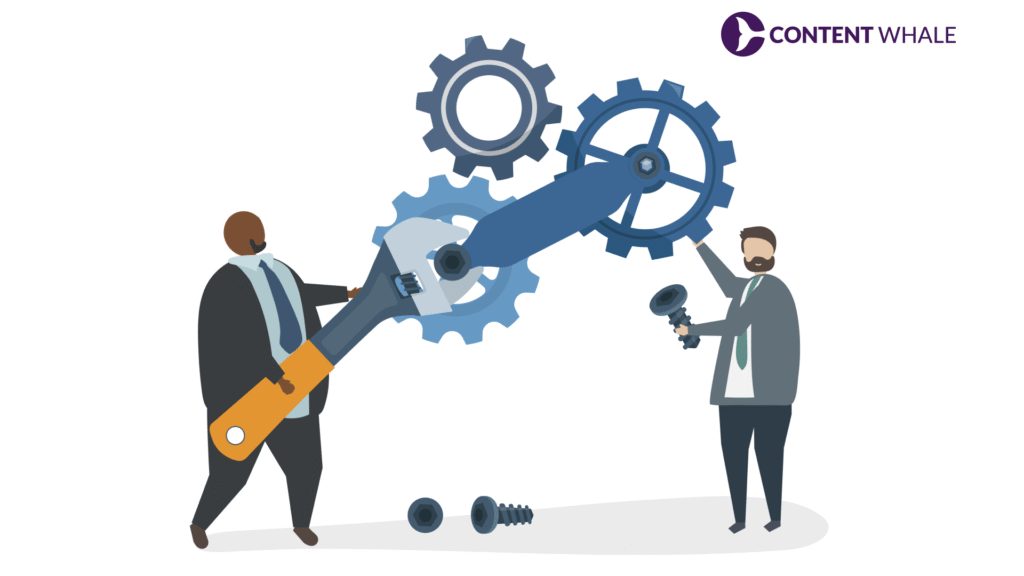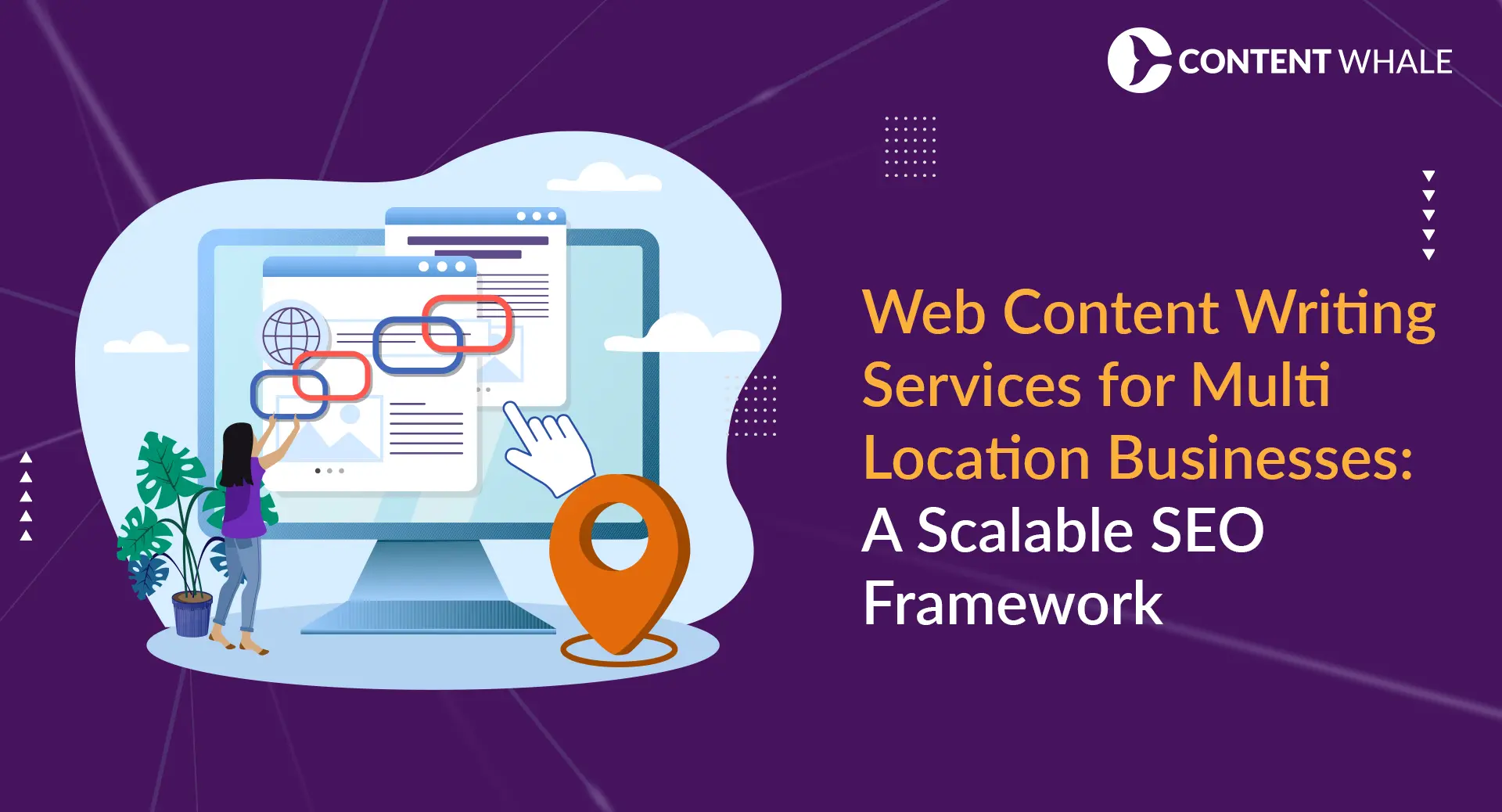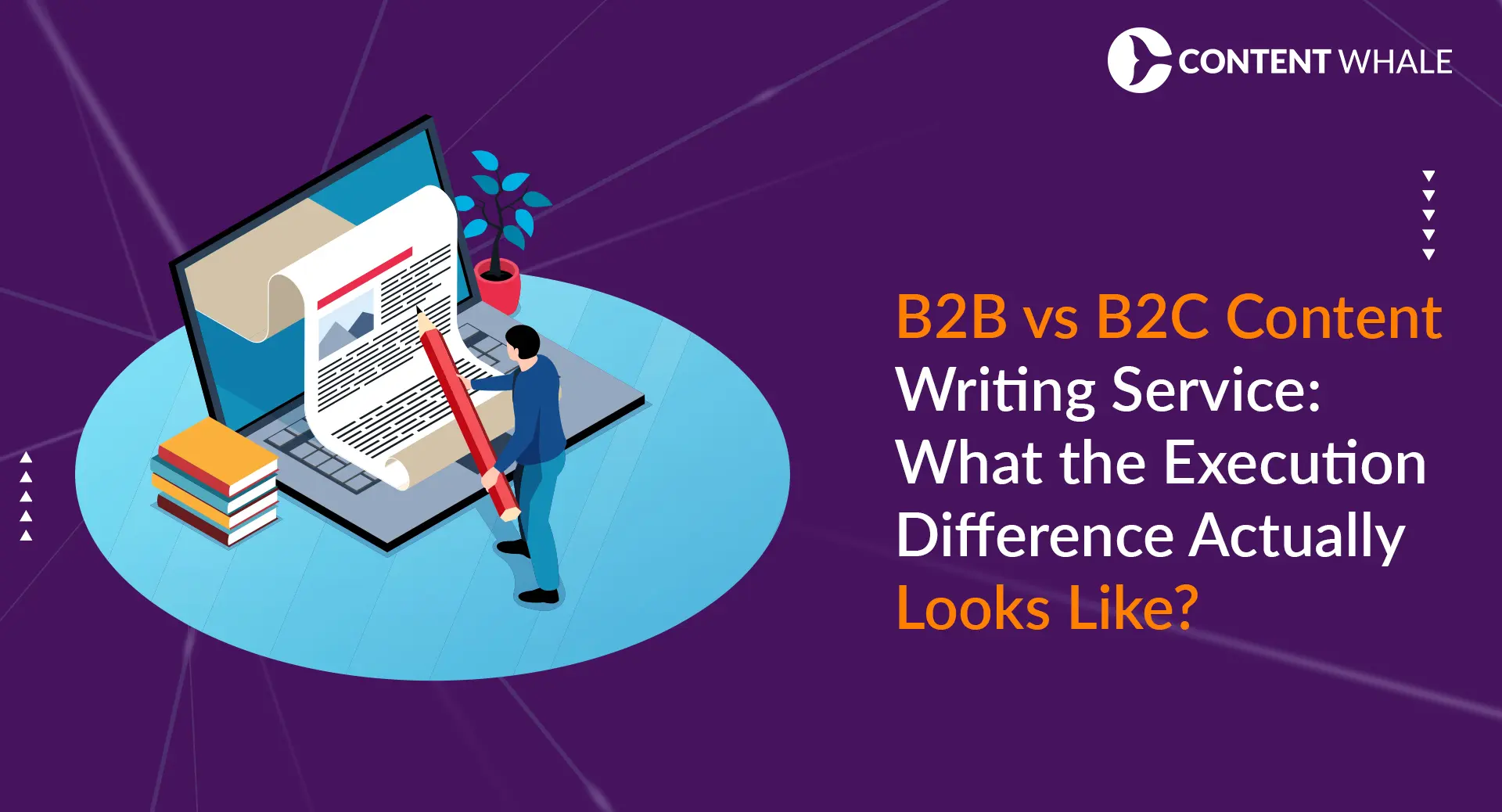Seo agencies have relied on the same process for years: audit a site, fix metadata, publish content, and build links. That cycle once drove results, but search behavior has changed. AI overviews now dominate search results, giving users direct answers without sending them to websites. More than 58% of Google searches now result in zero clicks (Source). Even when your page ranks, traffic may not grow.
At the same time, clients expect clear ROI. According to Conductor’s 2025 State of SEO report, 91% of marketers said SEO impacted their marketing goals positively last year (Source). This means clients now want more than rankings, they want leads, pipeline contribution, and revenue impact.
This blog breaks down what a modern playbook for seo services must include: how to adapt to AI-driven search, measure visibility instead of just clicks, and connect optimization efforts directly to business growth. If you lead seo marketing at an agency, this is your roadmap to stay competitive and protect client budgets.
Why SEO Agencies Must Rethink Playbooks Now

AI Overviews and Zero Click Behavior Are Changing Demand Signals
Search engines answer user questions directly on results pages, cutting organic clicks. Content is often read without generating a visit. Seo agencies must measure how often client content is referenced or quoted, not just how many sessions it drives.
Entity Understanding and Topical Authority Reshape Content
Modern algorithms reward content that demonstrates topical authority across related subjects. A meta-analysis found that quality, authority, and backlinks interact in non-linear ways to improve performance (Source). Seo marketing teams need clusters that link related pages, answer multiple user intents, and strengthen entity connections.
From Traffic Reports to Revenue Accountability
Traffic alone is no longer enough. Clients expect dashboards that tie content to conversions, qualified leads, and revenue. 91% of marketers already recognize SEO as a driver of growth, but agencies must make that growth visible (Source).
What a Modern SEO Services Model Looks Like
Modern seo agencies must move beyond generic checklists and build systems that focus on measurable influence and business outcomes.
Answer Content and Schema Markup Built for Citations
Structured answers are the backbone of modern SEO. According to a Google SERP feature study, featured snippets appear in about 19% of all search results and drive higher engagement than plain blue links (Source).
Seo agencies should create FAQ sections, definition blocks, and step-by-step guides that answer user intent quickly. Add JSON-LD schema for FAQ, Q&A, and Article markup so search engines can parse your content efficiently. This improves the chance of appearing in featured snippets, People Also Ask boxes, and AI Overviews, where visibility is now as important as clicks.
Data Workflows That Connect Search to Pipeline
Connecting organic traffic to revenue is key to retaining clients. HubSpot’s 2024 marketing report found that companies tracking organic search to pipeline saw 72% higher marketing ROI than those measuring traffic alone (Source).
Build dashboards that pull data from Google Analytics, Search Console, and CRM tools. Use UTM tagging to trace leads back to specific queries. Show which pages generate MQLs and SQLs so clients see exactly how seo services impact growth.
Experiment Logs, Test Cadence, and Decision Reviews
Search results shift constantly. A/B testing meta titles can lift organic click-through rate by up to 10%, according to a study by Backlinko (Source).
Keep a shared experiment log to track every change: title tests, schema updates, link adjustments and review results monthly. This creates a feedback loop so decisions are backed by data, not guesswork.
Productizing SEO Marketing Without Losing Value

Agencies must package services for scale but keep them strategic.
Vertical Specialization and ICP Depth
Specialized agencies see higher close rates. Choose one or two industries and build deep knowledge. Tailor keyword research, content formats, and reporting for that sector’s buyers. This increases trust and improves performance metrics.
Diagnostic Offers and 30 Day Quick Wins
Quick wins build confidence. According to SEMrush research, implementing structured data can increase click-through rate by 20–30% within weeks (Source). Offer clients a diagnostic audit and schema sprint to show early impact. When they see results fast, they are more likely to sign long-term contracts.
Outcome Linked Agreements
Outcome pricing is gaining traction. Tie your agreements to visibility share, lead growth, or pipeline revenue. Include a base retainer for stability plus a performance bonus for hitting targets.
Measurement Stack for SEO Agencies Clients Trust
Clients invest in SEO expecting measurable business impact. If you want to retain and grow accounts, your reporting must go beyond traffic snapshots and keyword rankings. A modern measurement stack should show visibility share, AI citations, and revenue alignment clearly so decision-makers see SEO as a driver of growth rather than a cost center.
Visibility Share and Featured Answers
Traffic reports are not enough when zero-click searches are rising. Seo agencies must track share of voice across search results to show where clients are visible. This means reporting how often content appears in featured snippets, People Also Ask boxes, local packs, and AI overviews.
A study found that featured snippets can capture 35% of total clicks for a given query (Source). That means winning one snippet can outperform multiple standard rankings combined. Include screenshots in reports to make the impact visual for executives.
You can also compare visibility shares against competitors. Tools like STAT, Semrush, or Ahrefs can show what percentage of SERP real estate belongs to your client versus competitors. This transforms reporting into a competitive intelligence conversation, which is far more strategic than simply listing ranking positions.
AI Citation Tracking and Content Influence Scoring
AI summaries and overviews are rapidly changing search behavior. Even when users don’t click, your client’s content may be quoted or paraphrased in generative results. Seo marketing efforts should capture this influence.
Build systems that use scraping tools or SERP APIs to monitor when your content is included in AI responses. For example, if a client’s how-to article is summarized in Google’s AI Overview, capture that instance and store it in a log.
Create an influence score that weighs number of mentions, depth of coverage, and prominence of placement. Over time, you can benchmark growth and show that your strategy is increasing the client’s presence in zero-click spaces. This helps you prove value even if clicks decline, critical in 2025 when AI Overviews are expected to account for a large share of search results.
Lead Quality, Pipeline, and Revenue Alignment
The most persuasive reports connect SEO to revenue. A LinkedIn B2B benchmark study found that integrating SEO data with CRM data improves revenue attribution accuracy by 44% (Source).
Seo agencies should connect Google Analytics, Search Console, and CRM tools to trace which keywords and pages generate Marketing Qualified Leads (MQLs), Sales Qualified Leads (SQLs), and closed-won opportunities. This lets you report which clusters and articles are creating business outcomes, not just clicks.
You can then segment leads by quality and show which optimizations deliver higher-value prospects. For instance, if your pillar page on “enterprise SaaS security” generates twice as many SQLs as a generic blog post, you can double down on that topic cluster. This makes renewals easier, increases budget allocations, and positions your agency as a revenue partner rather than a traffic vendor.
Playbook Sprints for SEO Agencies to Execute Fast
Working in sprints keeps momentum and shows progress early.
30 Day Reset
Audit existing pages, fix metadata issues, and add schema markup to high-value pages. Prioritize content with declining impressions and refresh them. This typically produces measurable gains in impressions within the first month.
60 Day Build
Create answer hubs targeting priority topics. Implement sitewide structured data and run title and meta description tests. Aim to win at least one featured snippet or People Also Ask box during this phase to prove influence growth.
90 Day Scale
Develop linkable assets like industry benchmarks or reports. Launch digital PR outreach to earn citations and links. Deliver a dashboard showing visibility share, AI mentions, and conversions so clients clearly see ROI.
| Sprint | Focus Areas | Expected Outcome |
| 30 Day Reset | Content audit, schema fixes, keyword to goal mapping | 10–15% lift in impressions and click-through rates |
| 60 Day Build | Answer hubs, structured data, testing | Featured snippet wins and first AI citations |
| 90 Day Scale | Digital PR, content expansion, dashboards | Stronger domain authority and ROI reporting clarity |
How Content Whale Can Help?

Research and Content Ops
We build data-backed FAQ pages, comparison tables, and structured guides to win answer boxes. Our research ensures coverage of entity gaps that improve topical authority.
Technical and Schema Support
We implement schema markup across key templates, improve site architecture, and make sure your client’s content is easily understood by search engines.
Reporting and Executive Narratives
We create automated dashboards combining Search Console, analytics, and CRM data. We prepare executive summaries that connect SEO activity to pipeline revenue, making client conversations smoother.
Conclusion
The old agency model is not enough to win in 2025. Seo agencies that move to visibility-first reporting, answer-optimized content, and data-driven experimentation will outperform competitors. Don’t get stuck in substandard strategies and adopt this new playbook now to grow client retention and revenue.
Ready to put this new playbook into action? Contact Content Whale today and start building SEO strategies that drive real business outcomes.
FAQs
What should seo agencies stop doing first?
Stop selling generic monthly packages and reporting only on traffic metrics.
How to prove ROI from seo services fast?
Tie content to lead generation, track pipeline contribution, and report results within 60 to 90 days.
Which tools help track AI citations?
Use SERP scraping tools, featured snippet monitors, and APIs that detect verbatim quotes.
How often should you refresh topic clusters?
Every 6 to 12 months, or sooner if performance drops or competitors overtake you.
Does link building still matter for seo marketing?
Yes, focus on earning authoritative mentions, digital PR, and citations that strengthen topical authority.
How do you price outcome-based work?
Use a retainer plus a performance-based bonus tied to leads or visibility, with clear attribution rules.





